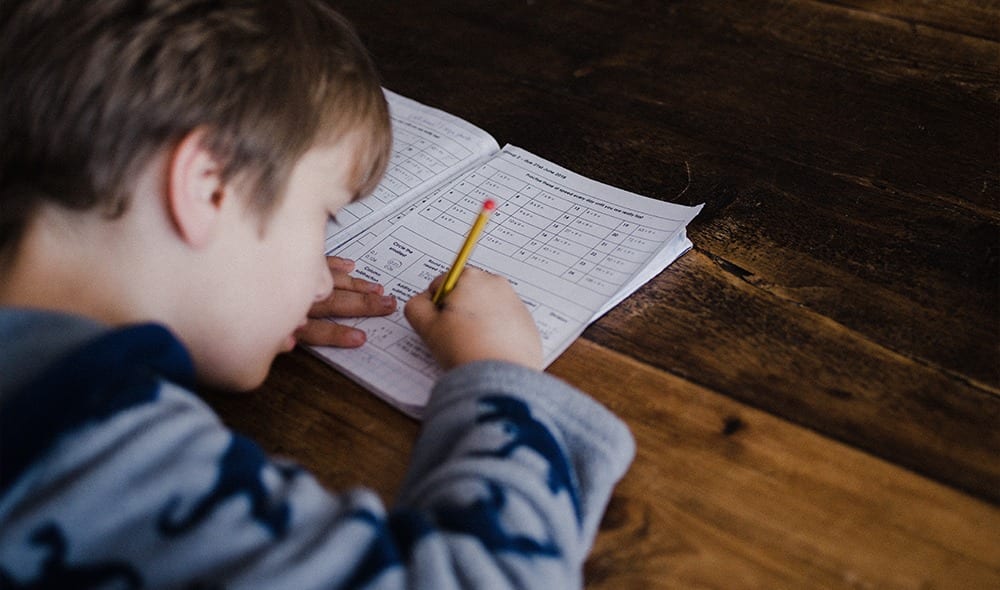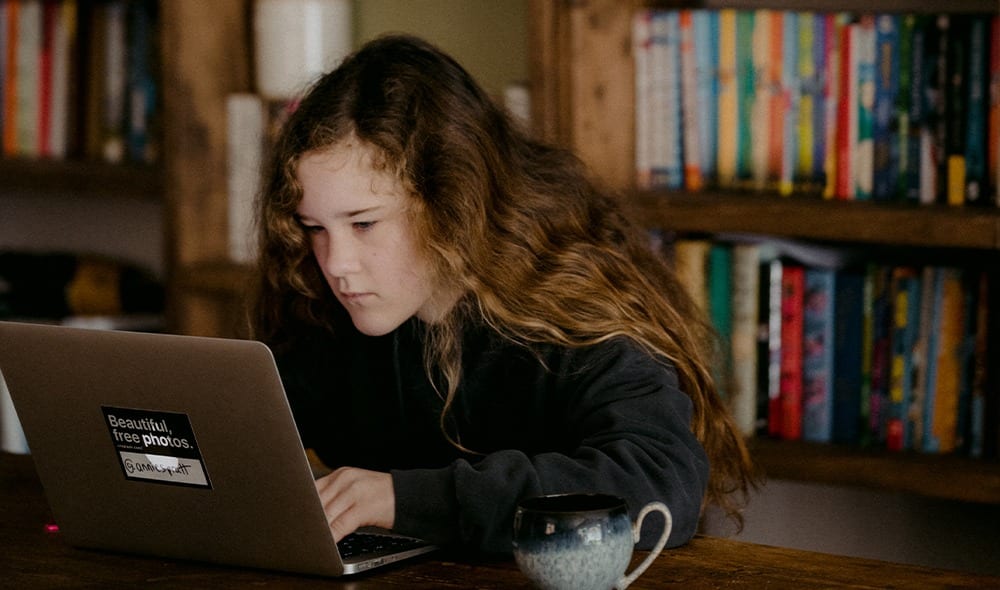Youngsters at home? Don’t panic. Liz Nicholls gathers great educational ideas with the help of Lucy Spencer
When the government announced school was out for the foreseeable, my 11-year-old did a little victory dance. It was a bright moment amid a bleak week, but I was soon chastised when I mentioned this, cheerfully, to a family member who fumed ‘’That’s very irresponsible of you – how are you going to make sure she covers the curriculum?’’
Having been hothoused in an uncaring academic grammar school, I’ve yoyoed and am especially lax in my approach to fixed learning. So it was lovely to hear calming words from Lucy Spencer, a private tutor who lives in Sunninghill and works with Education Boutique.
“Home ed may seem daunting but the beauty is your children will have time to realise you don’t only learn English in English lessons but that all sorts of activities help children to develop and grow in confidence. Don’t put too much pressure on yourselves. Build a routine around your personal situation. You don’t have to emulate school at home.

“The government may be in the process of getting clear guidance about all of these changes but, as teachers, we thrive in situations where people need our help. The whole teaching and tutoring community are coming together and are ready to support every family. It looks like we’re entering a marathon, not a sprint. Make sure you include outdoor fresh air time and consider doing some physical exercise as a family first thing to get up and ready for the day!”
Lucy recommends aiming for an activity that can feed into learning for the whole day. Baking, for example: your child can start the day reading recipe books then select a recipe based on checking ingredients, weigh them out, possibly scale the recipe, time the cooking and can even create imaginary packaging and a menu or business plan for how they could sell their creations.
“I’ve been home educating the children of other for years, from my nextdoor neighbour to celebrities. I understand how daunting it may seem – everyone feels the same. Smile, be positive and create your own unique curriculum and style – it’s not all about worksheets.”

MORE RESOURCES:
Visit educationboutique.co.uk for ideas to support common themes children love, including Minecraft, Pokemon, Lego etc.
Visit scholastic.co.uk and bbc.co.uk/bitesize for lots of free learning resources for all ages
Carol Vorderman has live maths fun at 10am daily at themathsfactor.com and check out worldofdavidwalliams.com/elevenses for English fun at 11am.
History with Dan Snow is free for 30 days at tv.historyhit.com/signuppackage
For geography check out lovely Steve Backshall on Twitter & there’s tons of science fun with Professor Brian Cox, Robin Ince & guests at cosmicshambles.com


